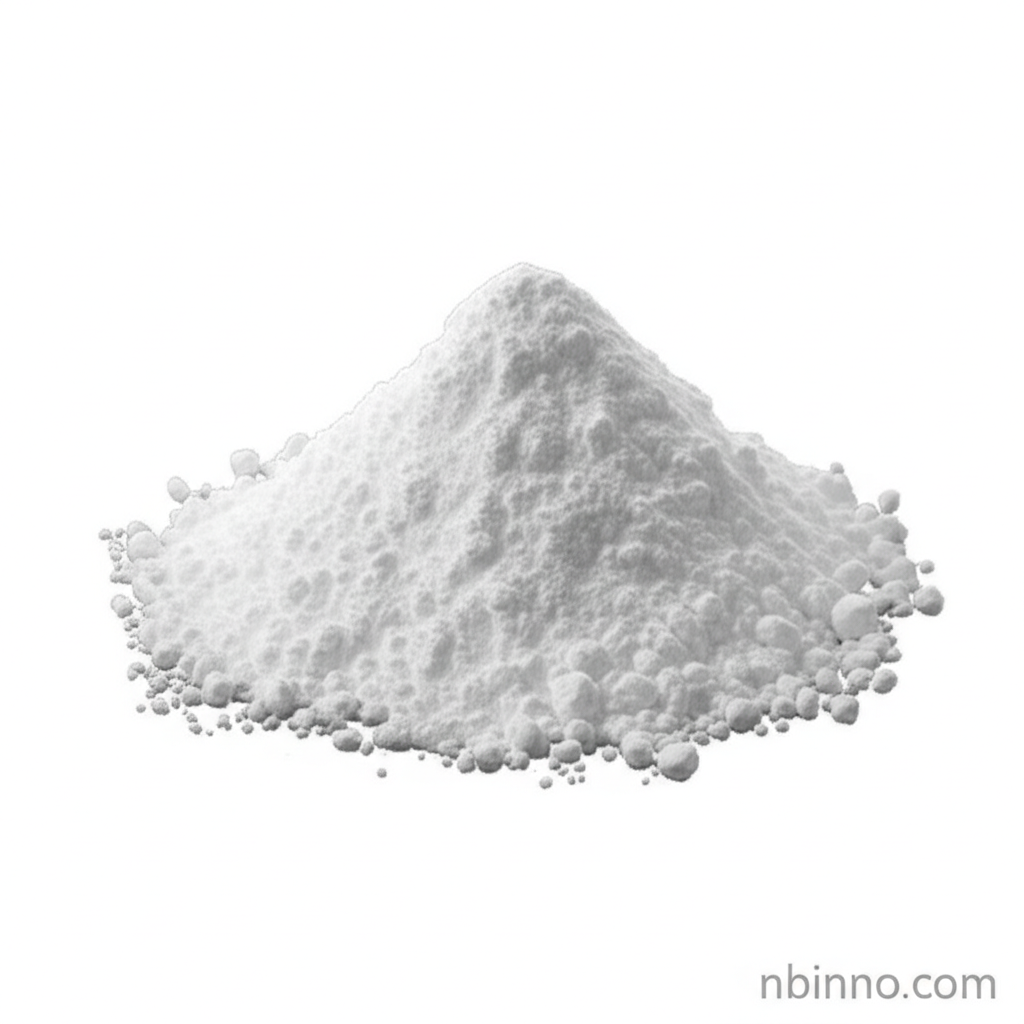Magnesium Carbonate: A Versatile Compound for Antacid, Supplement, and Industrial Applications
Discover the broad spectrum of uses for Magnesium Carbonate, from digestive relief to industrial innovation.
Get a Quote & SampleProduct Core Value

Magnesium Carbonate
Magnesium Carbonate (MgCO3) is a versatile inorganic compound prized for its wide array of applications. Its primary uses span from acting as an effective antacid to relieve heartburn and indigestion, to serving as a crucial dietary supplement for magnesium deficiency. In the food industry, it functions as a pH regulator, anti-caking agent, and leavening agent. It's also integral in cosmetics for its oil-absorbing properties, and in various industrial processes as a filler and additive. Its chemical properties make it a valuable ingredient in pharmaceuticals and other chemical manufacturing.
- Explore the benefits of magnesium carbonate as a supplement for magnesium deficiencies, supporting vital bodily functions.
- Understand how magnesium carbonate neutralizes stomach acid, providing relief from heartburn and indigestion.
- Learn about the industrial applications of magnesium carbonate, including its use as a filler in rubber and plastics, and in fireproof coatings.
- Discover the role of magnesium carbonate in cosmetics for oil absorption and skin conditioning.
Advantages
Digestive Relief
Magnesium carbonate effectively neutralizes excess stomach acid, providing rapid relief from heartburn and indigestion, making it a popular choice for digestive comfort.
Nutritional Support
As a source of essential magnesium, this compound contributes to normal energy metabolism, muscle function, and bone health, helping to combat deficiencies.
Industrial Versatility
Its unique properties make magnesium carbonate valuable in industries such as food production (as an additive), cosmetics (for oil absorption), and manufacturing (as a filler).
Key Applications
Pharmaceuticals
Utilized as an antacid and a source of magnesium, magnesium carbonate plays a role in managing gastrointestinal issues and addressing mineral deficiencies.
Food Industry
Functioning as a food additive, it helps regulate pH, prevent caking, and improve texture in various food products.
Cosmetics and Personal Care
Its oil-absorbing capabilities make it a key ingredient in powders, foundations, and skincare products for oily or acne-prone skin.
Industrial Manufacturing
Serves as a filler in rubber and plastics, an additive in inks and coatings, and in the production of other magnesium salts.
